Back
TREND talks
History always repea... • 1y
🚀 TOP 50 IMPORTANT POINTS BEFORE STARTING A BUSINESS 🔥 1. Define a clear vision and mission for the business. 2. Identify your target audience and customer segment. 3. Conduct thorough market research and industry analysis. 4. Validate your business idea through surveys or pilot projects. 5. Analyze competitors and their strategies. 6. Choose a unique selling proposition (USP). 7. Prepare a detailed business plan. 8. Decide on the legal structure of your business. 9. Register your business and acquire necessary licenses. 10. Create a realistic financial plan and budget. 11. Calculate startup costs and funding requirements. 12. Explore funding options (self-funding, loans, investors). 13. Open a business bank account. 14. Build a reliable accounting and bookkeeping system. 15. Understand tax regulations and compliance. 16. Choose the right location or business platform. 17. Develop a strong brand identity (name, logo, tagline). 18. Create a professional website and online presence. 19. Secure necessary technology and tools. 20. Hire skilled and experienced employees. 21. Establish operational processes and SOPs. 22. Invest in quality control and product/service standards. 23. Build a marketing strategy (online and offline). 24. Develop a social media and content marketing plan. 25. Set competitive pricing strategies. 26. Create customer service and support systems. 27. Build supplier and vendor relationships. 28. Secure appropriate insurance coverage. 29. Plan inventory and supply chain management. 30. Understand legal obligations and business laws. 31. Develop partnerships and networks. 32. Focus on innovation and continuous improvement. 33. Monitor key performance indicators (KPIs). 34. Use customer feedback to refine offerings. 35. Plan for scalability and growth. 36. Develop contingency and risk management plans. 37. Understand and adapt to market trends. 38. Stay updated with industry regulations. 39. Create a strong team culture and leadership. 40. Set clear short-term and long-term goals. 41. Build a strong relationship with stakeholders. 42. Focus on customer acquisition and retention. 43. Utilize analytics and data-driven decisions. 44. Prepare for competition and market shifts. 45. Implement ethical and sustainable practices. 46. Keep personal and business finances separate. 47. Develop an exit strategy for unforeseen circumstances. 48. Leverage mentorship and expert advice. 49. Keep learning and upgrading skills. 50. Be prepared for challenges and remain adaptable.
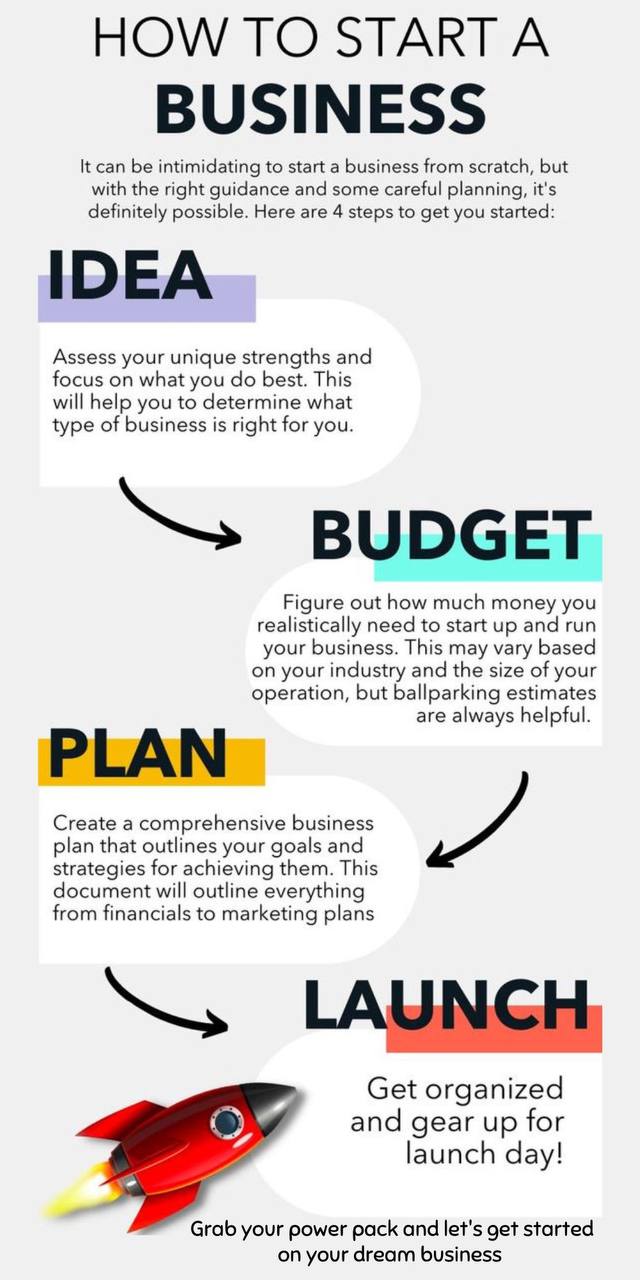
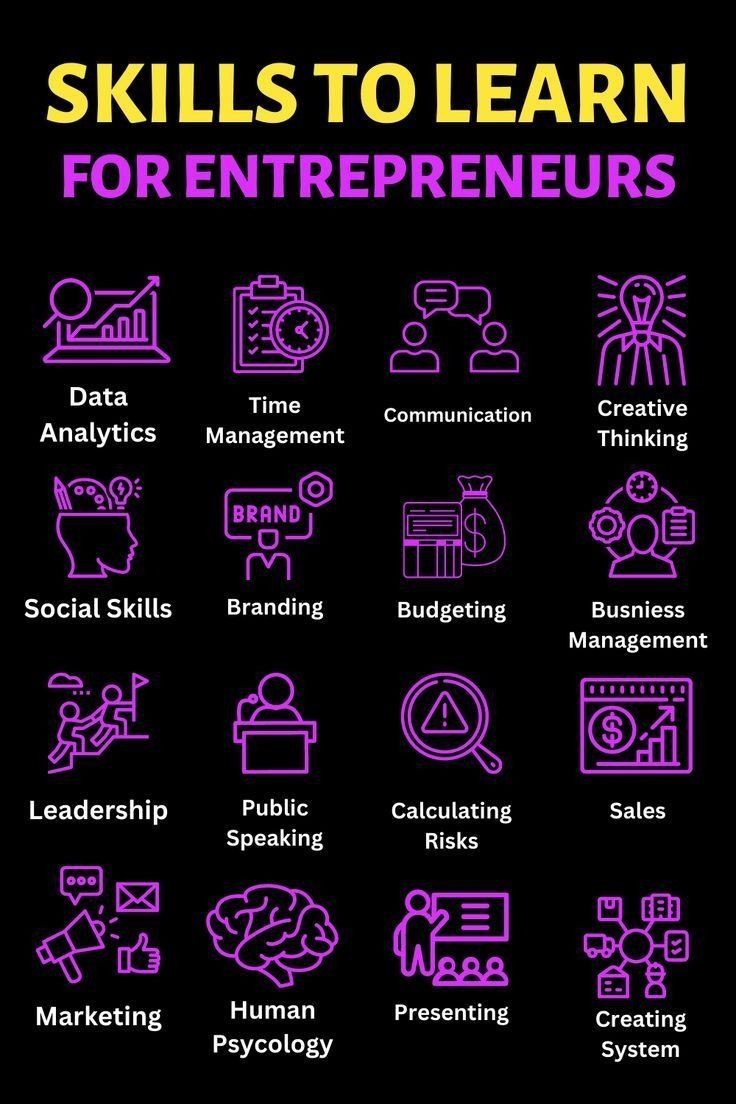
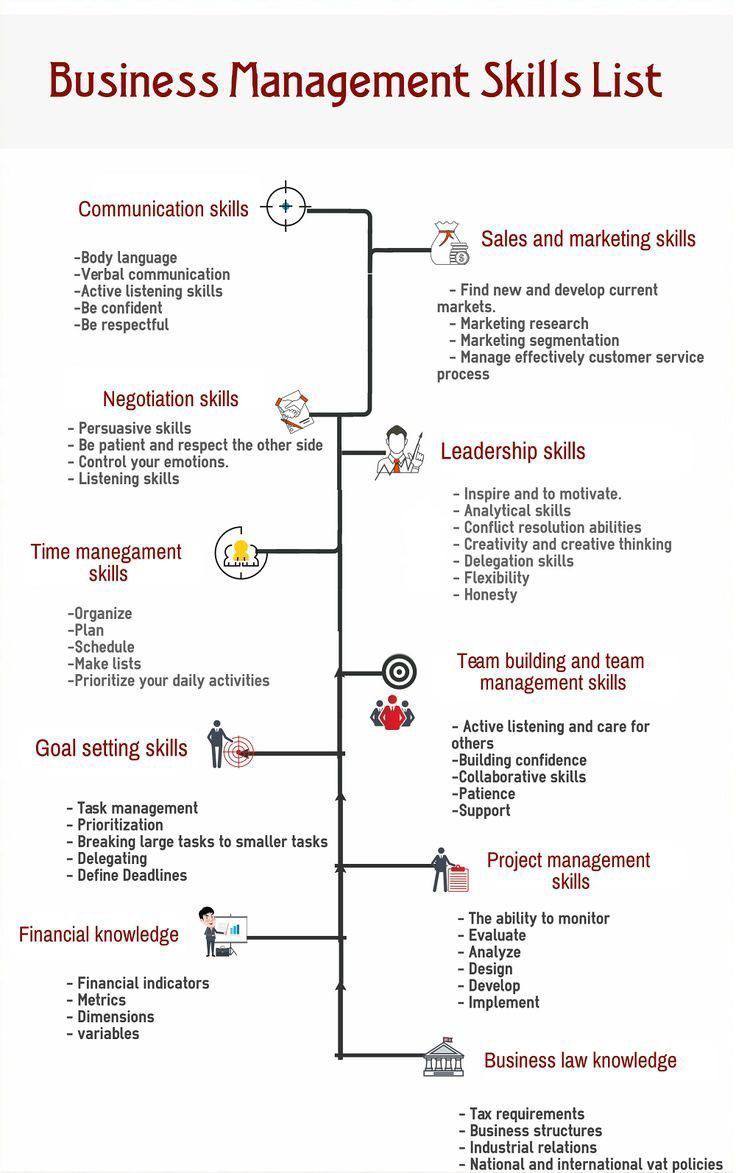
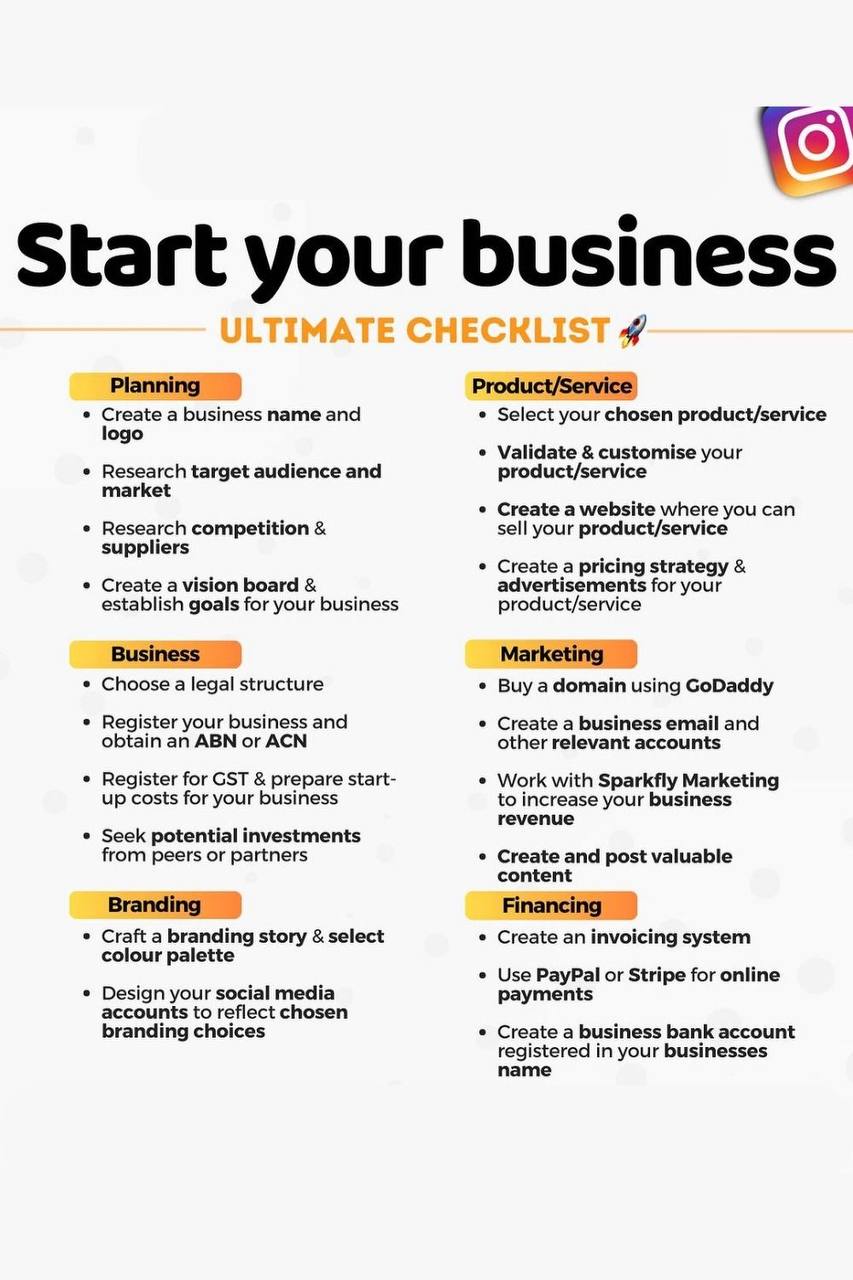
More like this
Recommendations from Medial
SHIV DIXIT
CHAIRMAN - BITEX IND... • 1y
★ Top 10 point for making any startup successfull 1=} Identify a Problem =} Find a pressing problem or need in the market that your startup can solve 2=} Develop a Unique Solution =} Create a product or service that addresses the identified problem
See MoreSHIV DIXIT
CHAIRMAN - BITEX IND... • 1y
★ How to execute startup idea 1. Market Research=} Understand your target audience,competition, and market trends to validate your idea's viability 2. Create a Business Plan =} Outline your startup's mission, target market, revenue model,and marke
See MoreShanu Chhetri
CS student | Tech En... • 8m
*How to Start a Small Business* Here’s a quick guide! Start by choosing your business idea and location, then brainstorm a name and create a business plan. Register your business, get the required licenses and permits, open a bank account, arrange f
See More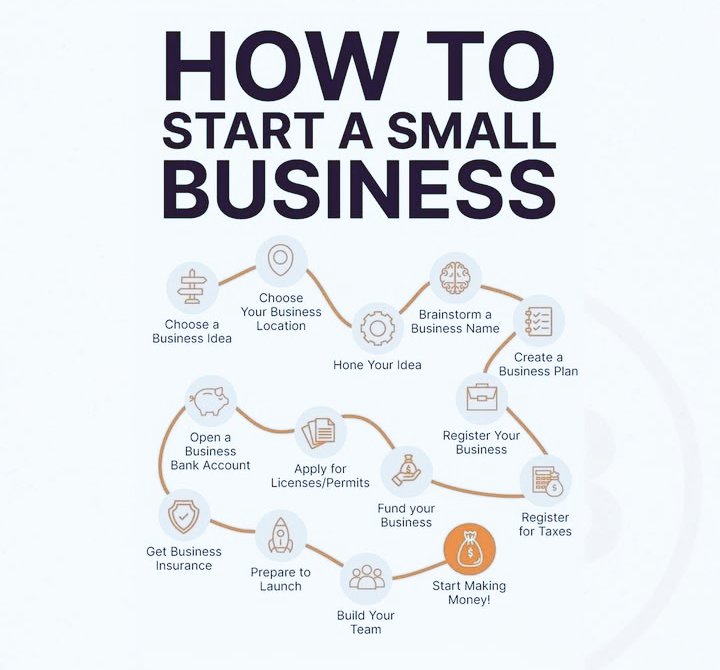
Rupesh Tiwari
In the Business of S... • 11m
How to make your Start-ups Successful? 1. Find a Strong Idea Solve a real problem. Validate demand with market research. Look for scalable opportunities. 2. Create a Business Plan Define your target audience. Outline your unique value propo
See MoreSantosh Shinde
Hey I am on Medial • 1y
Hello everyone I have gold jewellery manufacturing business from last 9 years. I need serious investors for my business I am ready to do all legal documentation with the investor. And now I want to expand my business that's why I need a funding. I
See MoreSantosh Shinde
Hey I am on Medial • 1y
Hello everyone I have gold jewellery manufacturing business from last 9 years. I need serious investors for my business I am ready to do all legal documentation with the investor. And now I want to expand my business that's why I need a funding. I
See MoreDownload the medial app to read full posts, comements and news.






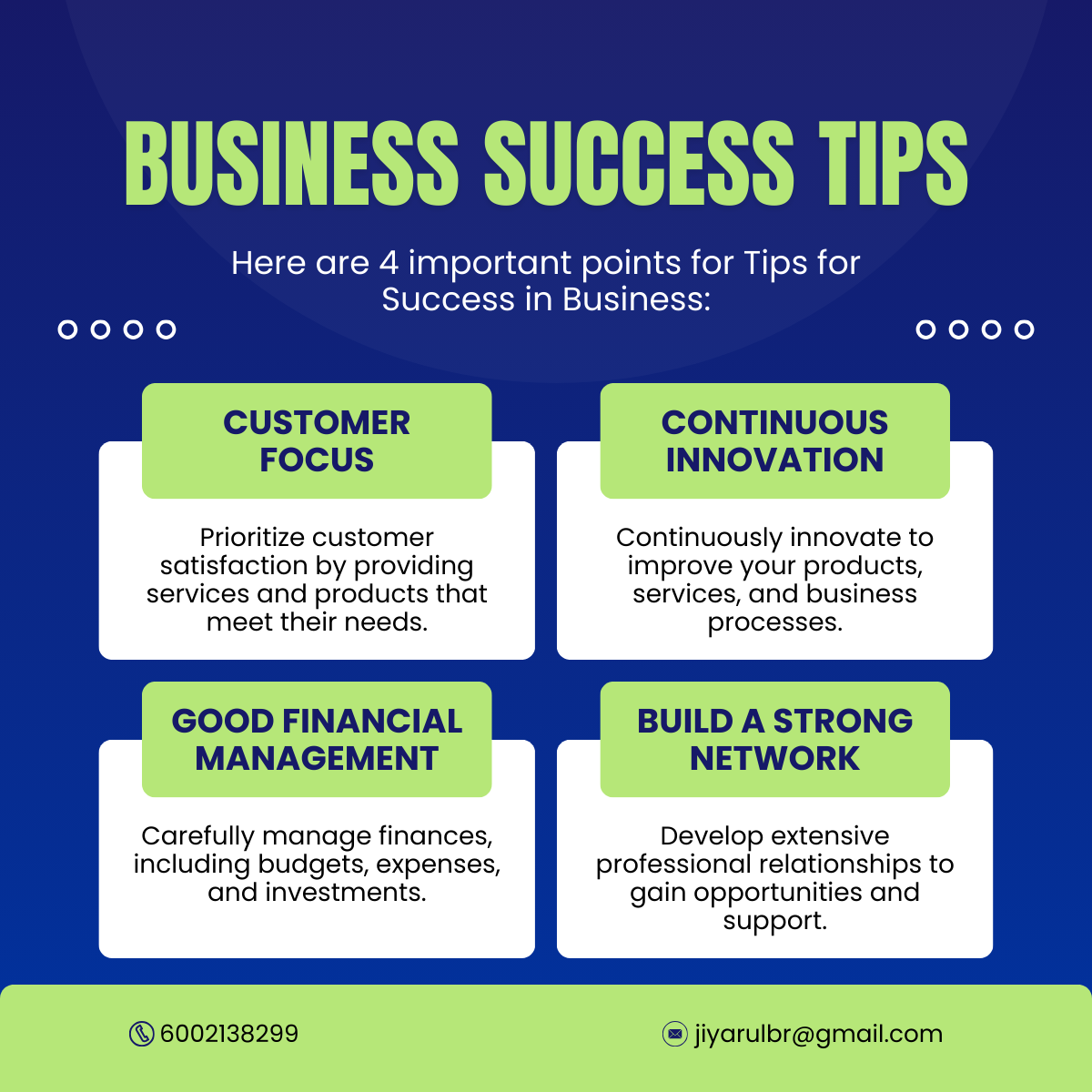






/entrackr/media/post_attachments/wp-content/uploads/2021/08/Accel-1.jpg)




















